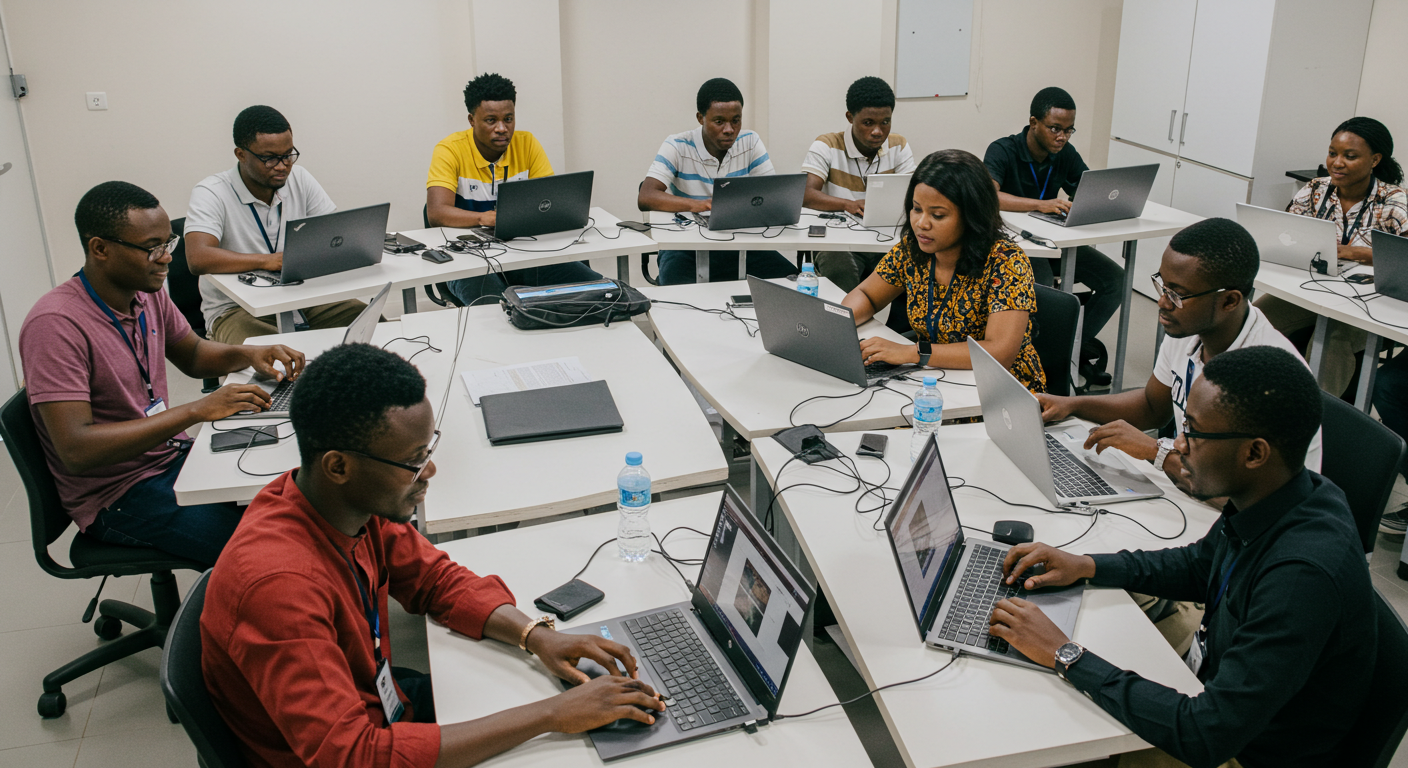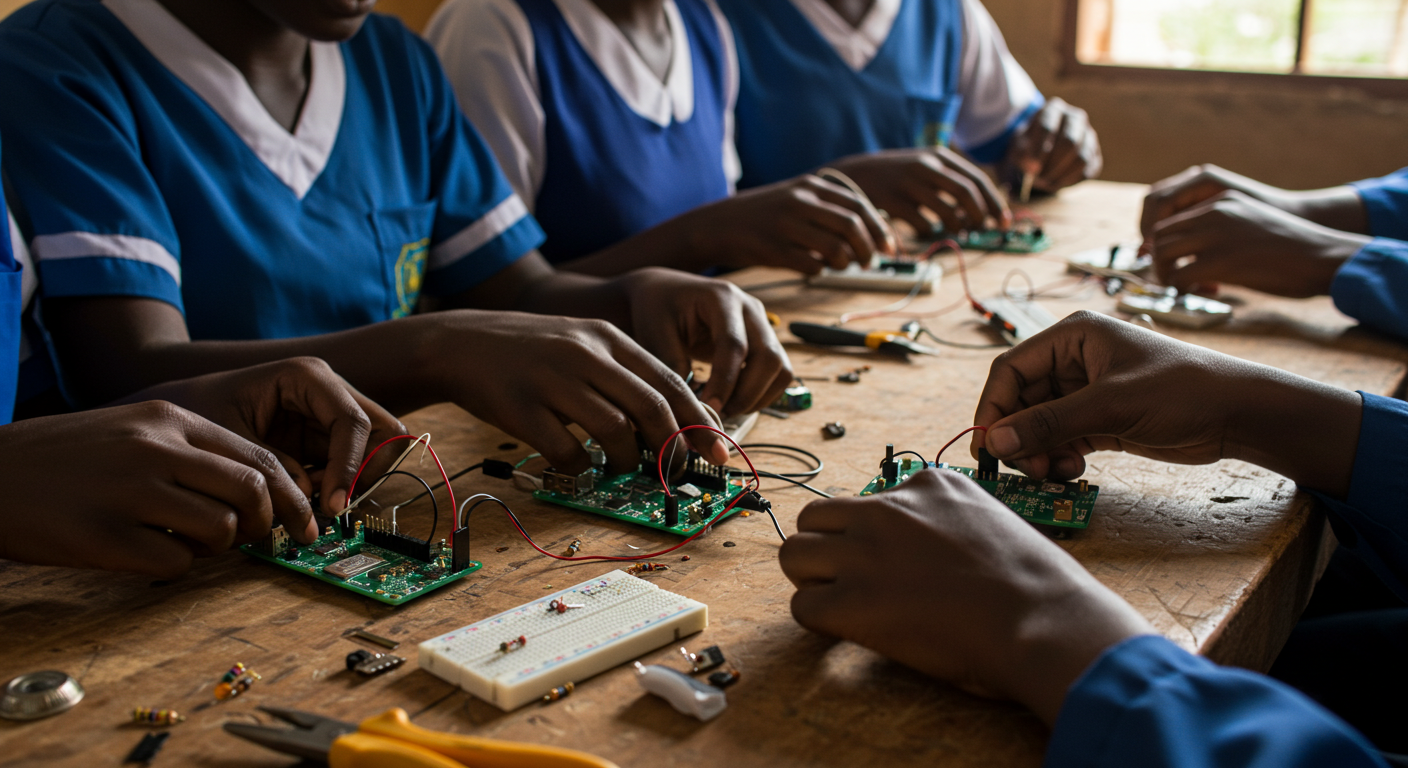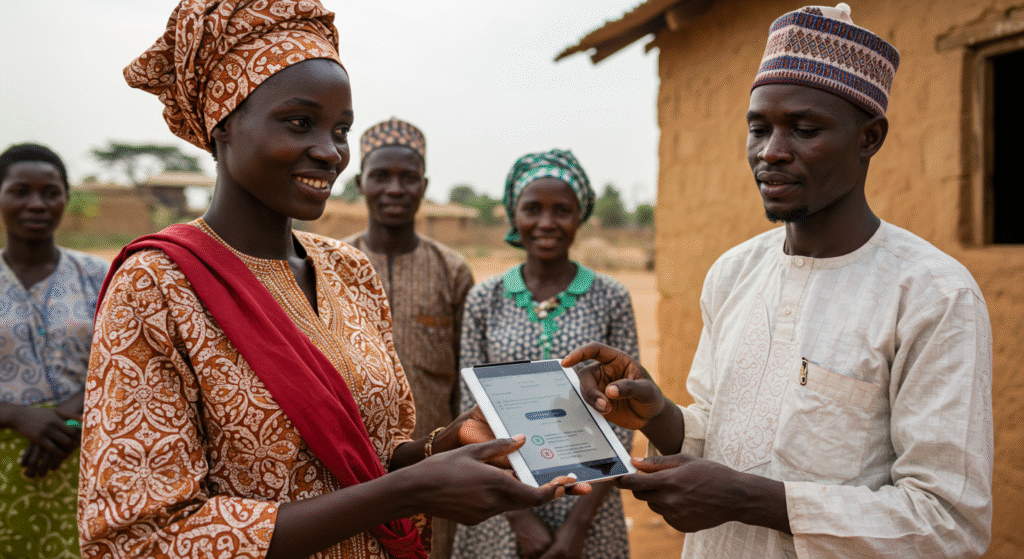As Nigeria pushes forward in its digital transformation journey, one initiative stands out: the 3 Million Technical Talent (3MTT) programme. Launched in October 2023 under the Federal Ministry of Communications, Innovation & Digital Economy (FMCIDE) and implemented through the National Information Technology Development Agency (NITDA), 3MTT aims to train three million Nigerians in technical and digital skills by 2027.
The idea is simple yet ambitious: equip young Nigerians with in‑demand skills (like software development, cybersecurity, data science, UI/UX design, etc.), so more people can access jobs both locally and globally, reduce the skills gap, and make Nigeria a hub for tech talent. This article examines what has been achieved so far, what’s working, what still needs attention, and what needs to happen to ensure 3MTT delivers on its promise.

What Is 3MTT & What Are Its Goals
Launch and target: 3MTT (3 Million Technical Talent) was launched in October 2023, with the target to train 3 million Nigerians by 2027 in essential digital/technical fields.
Skill areas: The programme covers about 12 high‑demand technical disciplines, including software development, AI / machine learning, data science, UI/UX design, product management, cybersecurity, game development, cloud computing, DevOps, quality assurance, animation, etc.
Implementation model / phases:
Phase 1 (Dec 2023 ‒ Mar 2024): trained ~ 30,000 fellows.
Phase 2 (started in February 2024): expanded to train ~ 270,000 across several cohorts.
Inclusion & reach: The programme aims to reach all 36 states plus the Federal Capital Territory, leveraging training partners including tech hubs, NGOs, and applied learning clusters. It uses both online / digital learning and physical hubs to ensure wider access.
The 3MTT Programme is an ambitious and essential initiative for Nigeria’s digital future. Already, we see considerable progress: many applicants, strong partnerships, start of infrastructure build‑out, and practical inclusion efforts.
Progress & Key Achievements So Far
-
High demand & applications
-
Over 1.8 million applications from Nigerians across the country have been received.
-
This strong response shows both demand and awareness of digital skills among youth.
-
-
Partnerships & funding
-
MTN Nigeria committed ₦3 billion to the programme. Of that, ₦1.45 billion has been used for technical training; ₦1.5 billion for data grants (to help learners with connectivity), plus ₦50 million for distributing Raspberry Pi kits for hands‑on learning.
-
Microsoft Nigeria also deepened its alliance with 3MTT: funding for AI certification vouchers, offering LinkedIn Premium accounts, launching “Train‑the‑Trainer” programmes, etc.
-
-
Applied Learning Clusters (ALCs) & infrastructure
-
3MTT is deploying Applied Learning Clusters—partner organisations that host training and hands‑on practice. As of MTN’s report, 197 partner ALCs are involved.
-
The Raspberry Pi kits reached 3,500 students in secondary schools via the Buildathon initiative.
-
-
Geographic and cohort expansion
-
Training is being rolled out across states; remote learners are being included. Microsoft / other partners are setting up trainers in multiple regions.
-
The programme has opened up opportunities for learners in underserved or low‑connectivity areas via data grants, remote access, inclusion efforts.
-
What’s Working Well
-
Strong public‑private collaboration: Partnerships with MTN, Microsoft and other orgs help bring funding, infrastructure, tools, and reach.
-
Clear target & phased rollout: The phased model (1%, 10%, 100%) gives manageable milestones and helps monitor progress.
-
Inclusion efforts: Data grants, remote / online learning, material support like Raspberry Pi kits make it more accessible.
-
High learner interest: The high number of applicants suggests that the demand is real; many young people are motivated.
Challenges & Areas Needing Attention
-
Infrastructure and connectivity gaps
-
Some regions still have unreliable internet, electricity, or lacking physical training centres. That slows the pace or limits reach.
-
-
Quality & consistency of training
-
Ensuring all ALCs / partner organisations maintain consistent teaching quality, mentorship, equipment, materials. Some implementing partners may face resource constraints.
-
-
Digital literacy & preparatory skills
-
Some participants struggle due to lack of basic digital literacy (e.g. using computers, internet, foundational skills). This can lead to dropouts or slower progress.
-
-
Monitoring, measurement and outcomes
-
Discerning whether training leads to jobs (local or remote), entrepreneurship, sustainability is crucial. Having data on job placement, retention, performance is still emerging.
-
-
Sustainability & funding
-
Ensuring continued funding, particularly for scale phases. Costs of maintaining hardware, supporting trainers, providing stipends or grants are non‑trivial.
-
Impacts & Implications
-
Workforce development & employment: As more Nigerians become skilled in tech, the potential for job creation (in software dev, cloud services, cybersecurity, etc.) increases significantly.
-
Economic growth & competitiveness: Skilled digital talent helps Nigeria attract investment, outsourcing contracts, tech companies, and more innovation.
-
Bridging the digital divide: Inclusion of remote, underserved, and diverse groups supports equity and strengthens resilience.
-
Boosting other sectors: Fields like healthcare, agriculture, education, fintech, etc., benefit when there are more people who can apply digital tech solutions.

What Needs to Happen Next
Scale up the physical infrastructure: More learning hubs, better internet & power in rural areas, more hardware access.
Stronger preparatory training for digital basics so that all fellows begin on more equal footing.
Robust tracking & job‑matching systems to ensure training translates into meaningful employment or freelancing opportunities.
More public awareness & inclusion campaigns** especially in rural / underrepresented communities.
Diversified funding mechanisms: government + private sector + donor + international partners to ensure funding is sustainable for scale rollout.





Even if we do not talk about 5G (specifically), the security talent in general in the country is very sparse at the moment. We need to get more (security) professionals in the system.